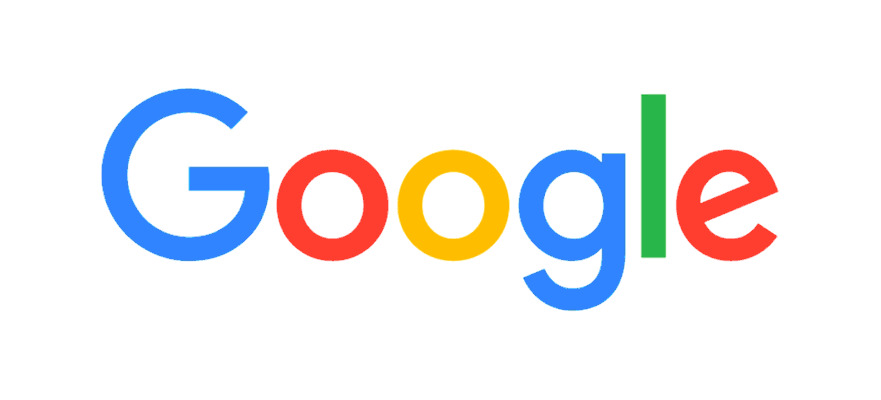
Back in October 2022, the Competition Commission of India (CCI) fined Google Rs 1,337 crore for abusing its dominant market position in the Android ecosystem. Regarding the same, the National Company Law Appellate Tribunal (NCLAT) has now ordered Google to pay the fine within 30 days.
The Central Government’s tribunal, the NCLAT, had previously denied Google’s request for interim relief. The company appealed to the Supreme Court, but that court, too, ruled against it. However, the highest court asked the NCLAT to issue a ruling on the case by March 31.
Today, the CCI order issued on October 20, 2022, was modified by the NCLAT bench presided over by Justice Ashok Bhushan and including Member Alok Shrivastava. However, the NCLAT has provided Google with some relief by overturning four of the CCI’s overall directions.
NCLAT’s modified directions to Google
The body has decided that Google’s requirement that OEMs pre-install apps constitutes an abuse of Google’s dominant position. It has also ruled that there was no breach of natural justice and that the CCI’s decision was not compromised by the absence of a judicial member. The pre-installation of all of Google’s Mobile Services (GMS) on Android devices was also ruled to be an unfair business practice.
The NCLAT held that,
The Appellant by making pre-installation of GMS suite conditional to signing of AFA/ACC for all Android devices manufacturers, has reduced the ability and incentive of devices manufacturers to develop and sell self-device operating or alternative version of Android and Android Forks and thereby limited technical and scientific development, which is breach of provisions of Section 4(2)(b)(ii) of the Act.
The NCLAT has reversed several orders issued by the CCI, including the order requiring Google to permit access to its Play Store API, the order requiring Google to permit the removal of pre-installed apps, permit other app stores on the Play Store, and the order requiring Google to permit side-loading of apps by other app developers.
The following directives from the Commission were issued to Google in the hopes of influencing a change in behavior:
- OEMs should not be forced to pre-install a bouquet of applications, and shall not be restrained from deciding the placement of pre-installed apps, on their smart devices;
- Licensing of Play Store to OEMs shall not be linked with the requirement of pre-installing Google search services, Chrome, YouTube, Google Maps, Gmail or any other app;
- Google shall not offer any monetary or other incentives to OEMs for ensuring exclusivity for its search services;
- Google shall not incentivise or obligate OEMs for not selling smart devices based on Android forks.
- Google shall not restrict uninstalling of its pre-installed apps by the users;
- Google shall allow users, during the initial device setup, to choose their default search engine for all search entry points. Users should have the flexibility to easily set as well as easily change the default settings.
